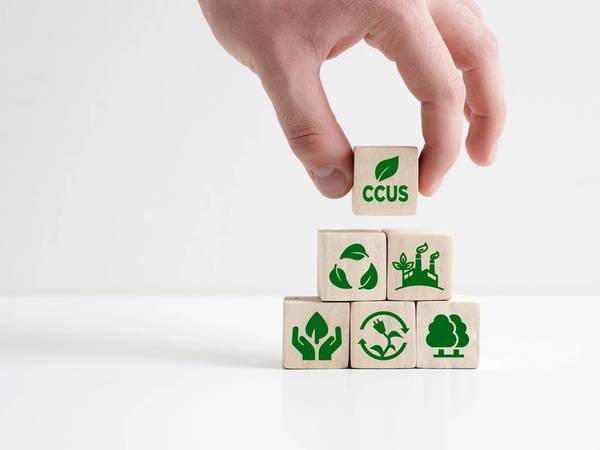
The importance of carbon capture utilisation and storage (CCUS) to reaching net zero has been highlighted in a new Australian Government report calling for more support for the technology.
The policy insights paper, “Reduce, remove and store: The role of carbon sequestration in accelerating Australia’s decarbonisation,” follows estimates from the Intergovernmental Panel on Climate Change that around six billion tonnes of CO2 would have to be removed per year by 2050 globally, and about 14 billion tonnes per year by 2100, for a 50% chance of limiting global warming to below 1.5°C.
The paper proposes 23 policy insights designed to help policymakers, emitters and markets to better understand how sequestration can be scaled-up, accelerated and used responsibly. Key insights from the report include:
• The Government’s forthcoming net zero plan and the Authority’s Annual Progress Reports should include sequestration and identify how it will be delivered and used over time.
• Separate targets for emissions reduction and carbon removals should be set to help incentivise future demand and help guard against sequestration being used to delay emissions reductions.
• Sectoral pathways and targets for decarbonisation would improve understanding of the likely future demand for sequestration, by clarifying the extent to which mitigation is likely to be possible, particularly from production processes in the agriculture and industrial sectors.
• Governments should pursue policies that help ensure there is adequate supply of sequestration to meet demand, including policies that: 1) prioritise direct emissions reductions where economically feasible; 2) protect, increase, and renew biological sequestration; and 3) scale-up engineered and geological sequestration, both onshore and offshore.
Global demand for sequestration and low emissions energy is expected to grow rapidly over the coming decades, presenting economic opportunities for Australia to support increasing global ambition, establish new industries and reinvent existing ones.
The paper considers a range of carbon sequestration approaches, including nature-based solutions, but emphasises that the Government should prioritise the development of long-lived geological and mineral storage technologies, primarily CCUS. It recommends that governments should explore risk-sharing approaches (e.g., CCS hubs) including opportunities to coinvest in subsurface basin analyses for geological sequestration both on- and offshore, and keystone infrastructure for storage and transport.
The Australian Petroleum Production & Exploration Association (APPEA) agrees that there are significant economic and environmental benefits of CCUS for Australia. APPEA Chief Executive Samantha McCulloch said the oil and gas industry supports the call for greater direction and support for this technology.
In its recent 2023-24 Federal Budget Submission, the oil and gas industry called for a national CCUS roadmap to provide clear policy direction, progress carbon management hubs and promote Australia as a regional CO2 storage leader.
McCulloch said: “Australia has an opportunity to not only accelerate to net zero but also create a new industry and ride the wave of global momentum for CCUS, with around 300 commercial projects in development. But government leadership is critical. Governments around the world are rapidly increasing their support for CCUS, with the Inflation Reduction Act in the United States a game changer providing significant financial incentives for large-scale deployment of the technology.”



